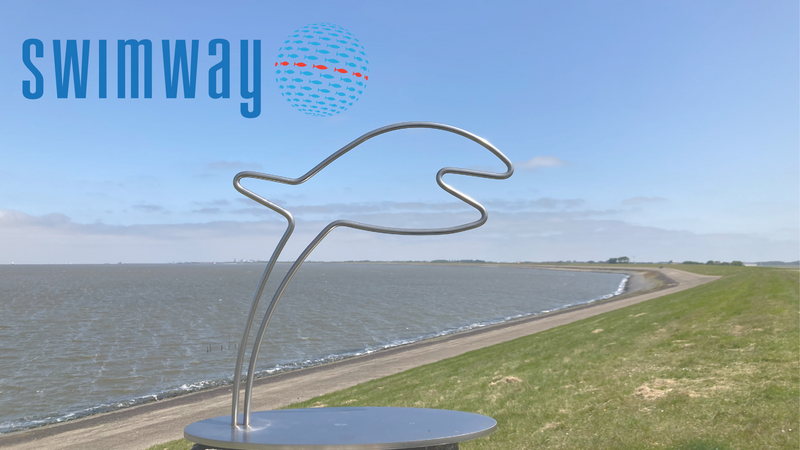Second Trilateral Swimway Conference confirmed for April 2024 and call for abstracts opened

In the framework of the Trilateral Wadden Sea Cooperation (TWSC), the second Trilateral Swimway Conference will be held from 17-19 April 2024 in Groningen, the Netherlands. Focusing on applying scientific evidence to manage human impacts on fish life cycles, the conference approach is to balance the outcomes of the latest research on fish life cycles with contributions on the practical implementation of scientific findings to dedicated and effective conservation efforts. The event is organised by the trilateral Wadden Sea Expert Group Swimway and Common Wadden Sea Secretariat (CWSS), Waddenacademie, Waddenvereniging, University of Groningen, Wageningen Marine Research, van Hall Larenstein University, the Danish National Park Wadden Sea, and the Danish Ministry of Environment and funded by the TWSC, Waddenacademie, and Waddenfonds (projects Waddentools and Ruim Baan voor vissen). For organisational host Waddenacademie this will be the 32nd Waddenacademie Symposium.
As a special benefit, the Trilateral Swimway Conference 2024 will take place in close association with Free Flow 2024 to be held in Groningen earlier the same week (15-17 April 2024). The Swimway Conference organisers strongly encourage their participants to register for both conferences to facilitate the exchange between the two communities, expand the network, and provide the opportunity to learn from each other. A joint excursion programme will be organised for 17 April 2024 for all attendees of both conferences. Though intertwined thematically and for the excursion, it is imperative to register separately for each conference via the respective conference websites: Trilateral Swimway Conference 2024 | Free Flow 2024.
The call for abstracts (up to 200 words) for the Trilateral Swimway Conference 2024 is now open. The submissions should address one or more of the following topics:
- Life cycles of fish with connectivity to coastal estuarine systems, including bottlenecks
- Causes and consequences of fish population dynamics in coastal areas
- Evaluation of successful or failed current management measures to improve fish populations
- Guidelines for taking environmental change and transitions into account when developing management measures (including infrastructure) to protect coastal fish
- Added value of collaborative projects (e.g., site-managers, scientists, stakeholders, citizen scientists)
Up-to-date information on the Swimway conference is made available on the Waddenacademie’s website (LINK). There, a form can be filled out to receive updates on the programme and registration.
